Child Development and Growing Up
Children develop physically, socially and emotionally. As they grow they start to learn new skills, increase their independence and and understand and develop opinions and ideas. Read on to find out how you can play a key role in supporting the development of your child.
If your child has additional needs visit our specific section for more support
Your child's development
Children develop in many ways and at different speeds. As your child gets older, they are not only physically growing, but developing socially and emotionally. From the moment your child is born, they are ready to explore and interact with the world.
It can be helpful to have a general idea of what to expect from your child's development. But all children develop in their own time. Do not be concerned if your child is not meeting all the milestones for their age. It's normal for some children to develop skills in one area much quicker than in another.
Getting ready for change
Getting Ready for Change (GR4C) aims to support your child, young person and your family through key transition stages, or recognised times of change and child development. It consists of 4 questionnaires relating to your child’s development.
The Reception year and Year 6 questionnaires are completed by parents and carers. The Year 9 and Year 11 questionnaires are to be completed by young people themselves.
Once completed, you’ll be provided with links to our website where you can find more information on the topics you selected.
Your results can be downloaded as a PDF. The questionnaires are anonymous and will not appear on your child’s health record.
Hello, my name's Heather and I'm a Specialist Community Public Health Nurse. I'd like to introduce you to Getting Ready for Change. A set four new digital health questionnaires aimed at children, young people and families.
Getting Ready for Change questionnaires are issued to parents and carers when their child is aged 3 to 4 and again aged 10 to 11. This corresponds to important transition points in your child's journey through education. Questionnaires are issued directly to young people aged 13 to 14 and again aged 15 and 16. The questionnaires will be delivered by email from your child's education provider or through links in local authority. For example, if your child is homeschooled. You'll receive a link which takes you to the questionnaire portal on our website where you can select the questionnaire which applies to you. This will open the digital questionnaire, which is completed as a series of drop down questions.
You will be asked whether you require more information around several health topics relating to you or your child's development. At the end of the questionnaire, you can download a PDF of your results, which you can keep. You'll be provided with links to our website where you can find more information on the topics you selected.
We ask you to provide your postcode and education provider, but the questionnaire is anonymous. This means it's not linked to you or your child and we are not able to identify you individually. This will not appear on your or your child's health record and you don't have to complete it if you don't want to. We use the postcode and education provider to help us see where common worries and concerns are and work with communities around providing advice and support.
You don't have to wait to receive a questionnaire to access our service for health advice or support. You can find lots of information right here on our website about all of the health topics we cover in the questionnaire. And if you want more help, you can call our Single Point of Access desk to speak to a member of our team on 0300 029 50 50. Young people can speak directly to a School Nurse through our Chathealth messaging service by texting 0748 635 443.
Thank you.
Find other pages on child development and growing up
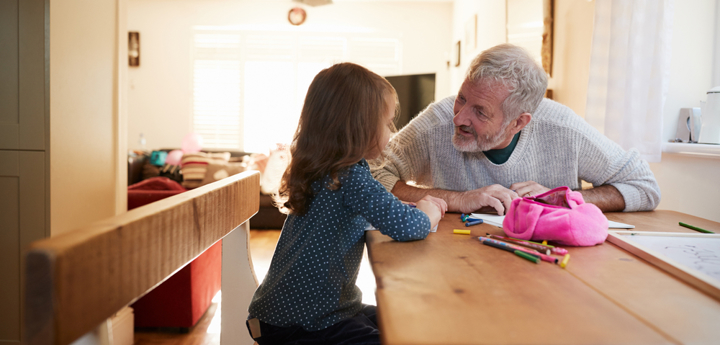
Child development and growing up for additional needs
On this page you will find resources and support around child development and growing up for children with additional needs.
Read more
Encouraging independence in young people
As young people approach adulthood, they need to become more independent. This means trying new things, making their own decisions and finding solutions to the problems they face and working out who they are and what they want to be..
Read more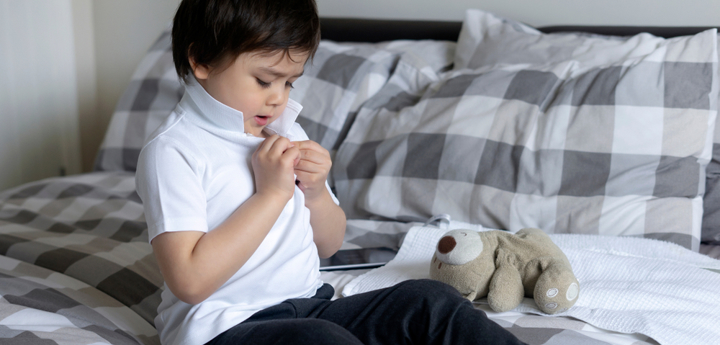
Getting dressed
Learning to get dressed is an important skill for your child to learn. It helps them become independent and gives them a sense of achievement. Every child is different and they all learn in different ways. Some children will pick this skill up quickly and others will need more time and support.
Read more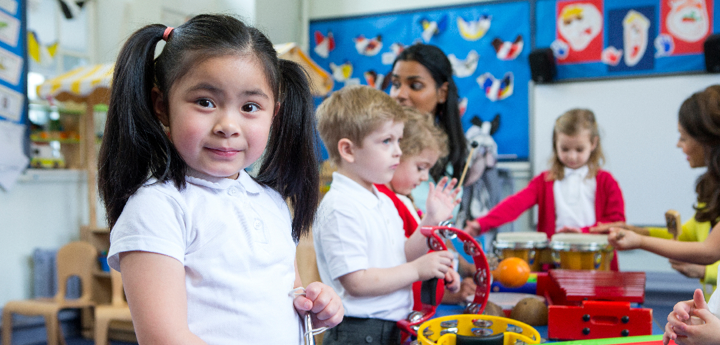
Preparing for primary school
Skills your child will need to be able to manage before starting school like following instructions, feeding themselves, using the toilet independently, getting dressed and washing their hands.
Read more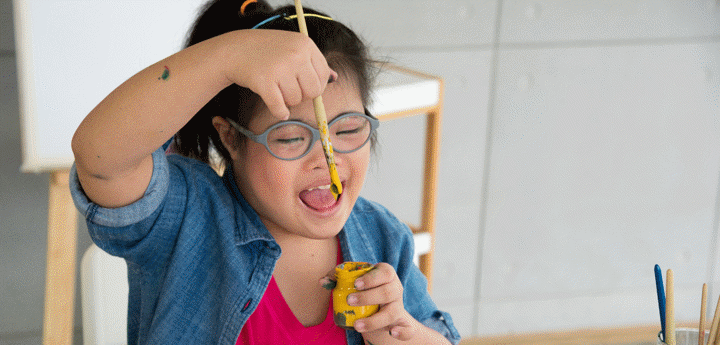
Hand skills
Hand Skills (also known as fine motor skills) are important for our day-to-day lives. As your child plays with their hands, they will develop strength and dexterity with their hands. This will help them use tools like cutlery, pencils, and scissors.
Read more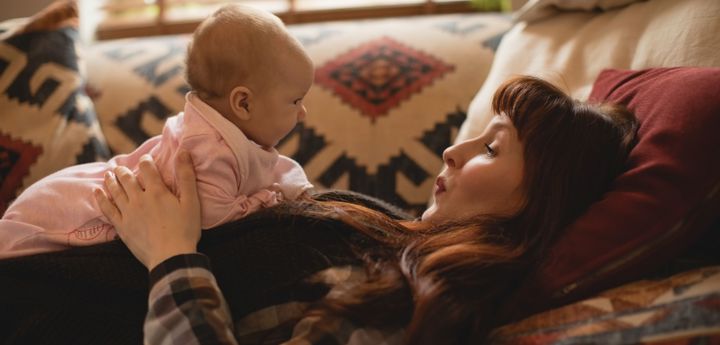
“Let’s play!”: Interacting with your baby
By simply interacting with your young baby, you are supporting their developing brain and giving them an enjoyable experience of being in your company. The ideas on this page are particularly helpful when looking after babies aged 3-6 months and older.
Read more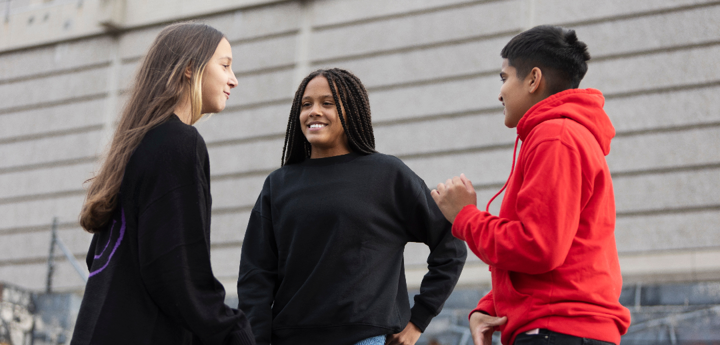
Hormones, puberty and sexuality
As your child grows older, their body will start to develop and change. Your child may become more emotional during this time. They may start to become more interested in developing romantic relationships with others and questioning their sexuality and gender identity.
Read more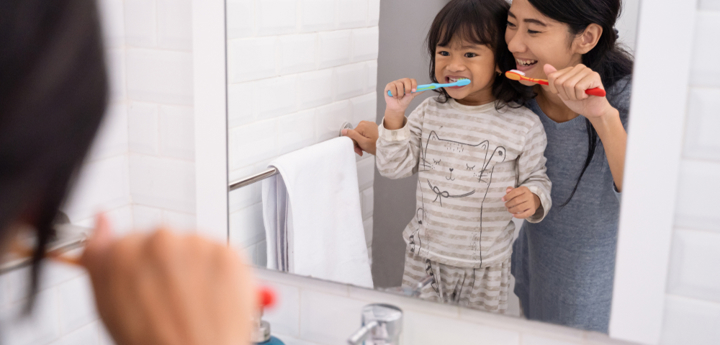
Hygiene
Good hygiene helps children to live a happier and healthier life. It also helps to reduce the risk of illness, build self-esteem and teaches life skills. Children like to copy. So if they see you washing your hands, and brushing your teeth, they'll be more likely to do it from an early age.
Read more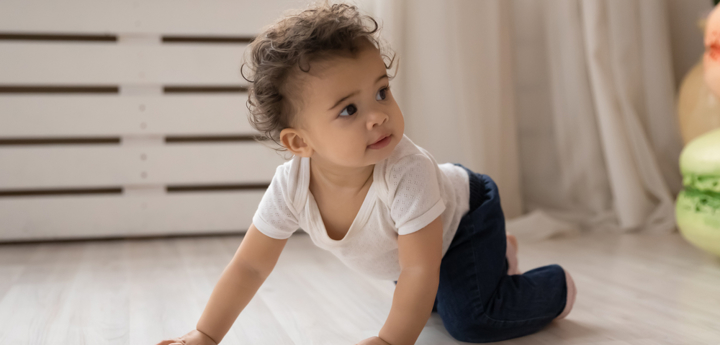
Milestones
Through interacting and exploring their world, over time they develop skills such as walking, talking and getting dressed. These skills are called developmental milestones. Understanding the different developmental milestones will help you support your child as they grow.
Read more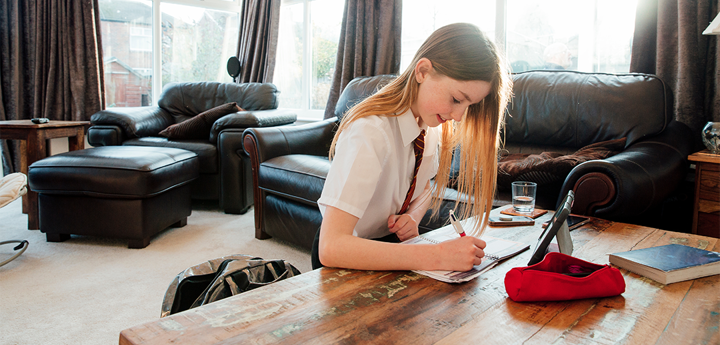
Time management and organisation skills
Time management and organisation skills are essential a your child grows older. At secondary school your child will be expected to manage their own time. Find out more information about giving your child more responsibility, traveling to school and tips and tricks to encourage organisation and time keeping.
Read moreWho can help
If you have any questions or concerns about your child's development, a health professional in our team will be able to offer advice and support.
You can Call Us on 0300 029 50 50 or Text Us on 07520 649887 to start a conversation.
Open Monday to Friday 9am to 5pm (excluding bank holidays).




